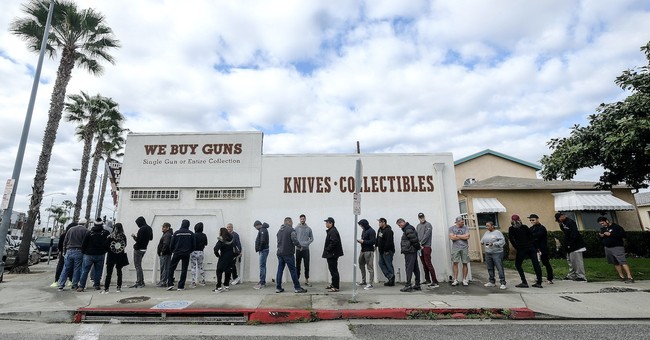
In a stunning defeat for California Attorney General Xavier Becerra, the U.S. 9th District Court of Appeals has affirmed U.S. Superior Court decision that California’s High Capacity Magazine Ban violates the Second Amendment.
A Facebook post by lawyer Chuck Michel of the California Rifle and Pistol Association (CRPA) summarized the ruling on Case No. 19-55376 on August 14, 2020 shortly after the announcement.
“The panel affirmed the district court’s summary judgment in favor of plaintiffs challenging California Government Code § 31310, which bans possession of large-capacity magazines (“LCMs”) that hold more than ten rounds of ammunition; and held that the ban violated the Second Amendment.
The Ninth Circuit employs a two-prong inquiry to determine whether firearm regulations violate the Second Amendment: (1) whether the law burdens conduct protected by the Second Amendment; and (2) if so, what level of scrutiny to apply to the regulation. United states v. Chovan, 735 F.3d 1127, 1136 (9th Cir. 2013)
The panel held that under the first prong of the test, Cal. Penal Code § 32310 burdened protected conduct. First, the panel held that firearm magazines are protected arms under the Second Amendment. Second, the panel held that LCMs are commonly owned and typically used for lawful purposes, and are not “unusual arms” that would fall outside the scope of the Second Amendment. Third, the panel held that LCM prohibitions are not longstanding regulations and do not enjoy a presumption of lawfulness. Fourth, the panel held that there was no persuasive historical evidence in the record showing LCM possession fell outside the ambit of Second Amendment protection.
Proceeding to prong two of the inquiry, the panel held that strict scrutiny was the appropriate standard to apply. First, the panel held that Cal. Penal Code § 32310 struck at the core right of law-abiding citizens to self-defend by banning LCM possession within the home. Second, the panel held that Section 32310’s near-categorical ban of LCMs substantially burdened core Second Amendment rights. Third, the panel held that decisions in other circuits were distinguishable. Fourth, the panel held that this circuit’s decision in Fyock v. City of Sunnyvale, 779 F.3d 991 (9th Cir. 2015), did not obligate the panel to apply intermediate scrutiny.
The panel held that Cal. Penal Code § 32310 did not survive strict scrutiny review. First, the panel held that the state interests advanced here were compelling: preventing and mitigating gun violence. Second, the panel held that Section 32310 was not narrowly tailored to achieve the compelling state interests it purported to serve because the state’s chosen method – a statewide blanket ban on possession everywhere and for nearly everyone – was not the least restrictive means of achieving the compelling interests.
The panel held that even if intermediate scrutiny were to apply, Cal. Penal Code § 32310 would still fail. The panel held that while the interests expressed by the state qualified as “important,” the means chosen to advance those interests were not substantially related to their service.”
The State of California now faces a decision whether to request an en banc review by the entire 9th Circuit Court. But the original decision in the Duncan vs. Becerra case by Judge Roger T. Benitez in the United States District Court for the Southern District of California is considered to be one of the most airtight rulings in this area. Also, the character of the 9th Circuit Court of Appeals has over time been altered from the bastion of judicial activism it once was by the appointments of President Donald J. Trump. Furthermore, such a clear cut case is not likely to be one that gun control advocates would want rising to the US Supreme Court where it might become the law of the land. These are interesting times indeed.
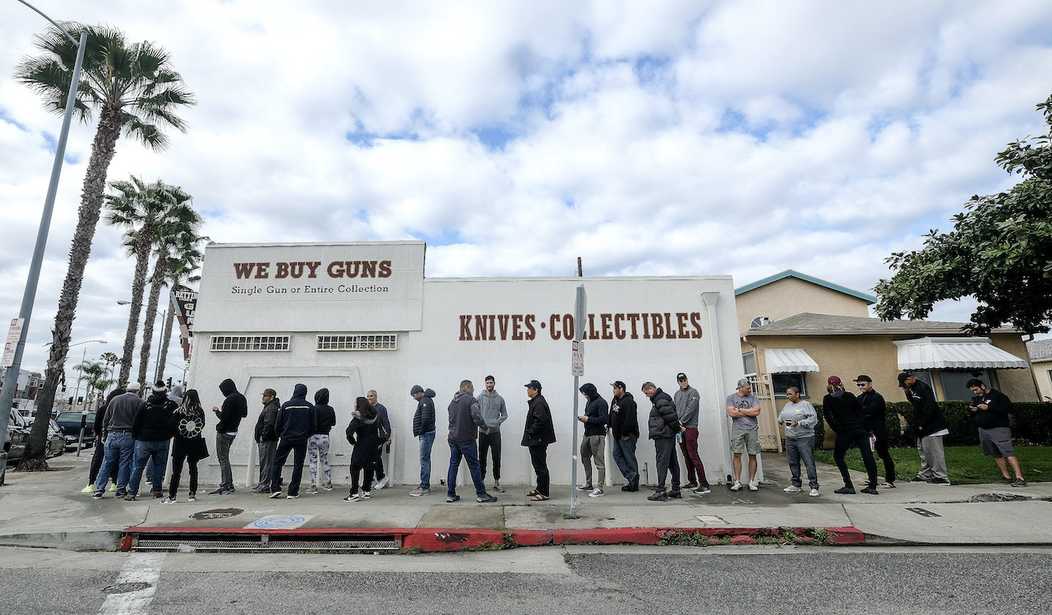

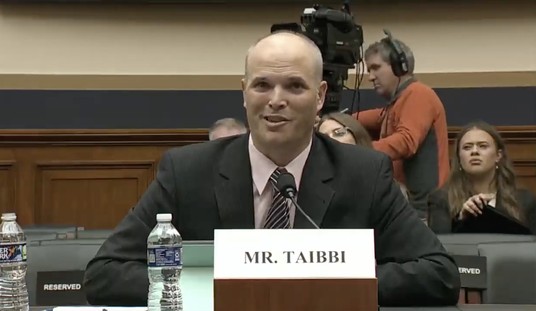



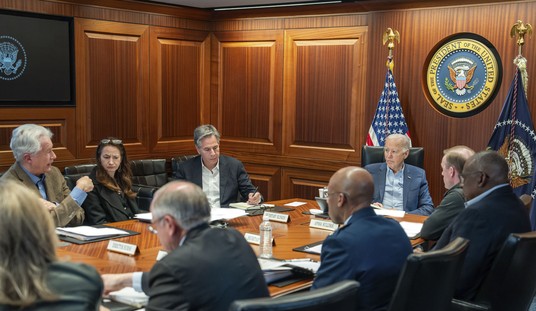

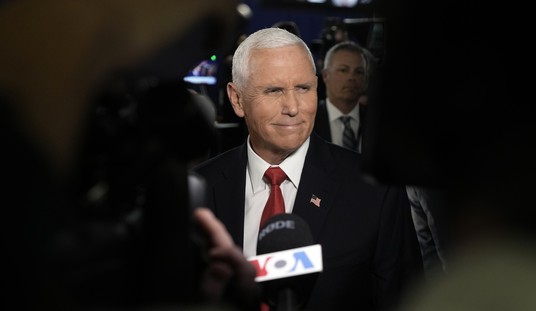



Join the conversation as a VIP Member